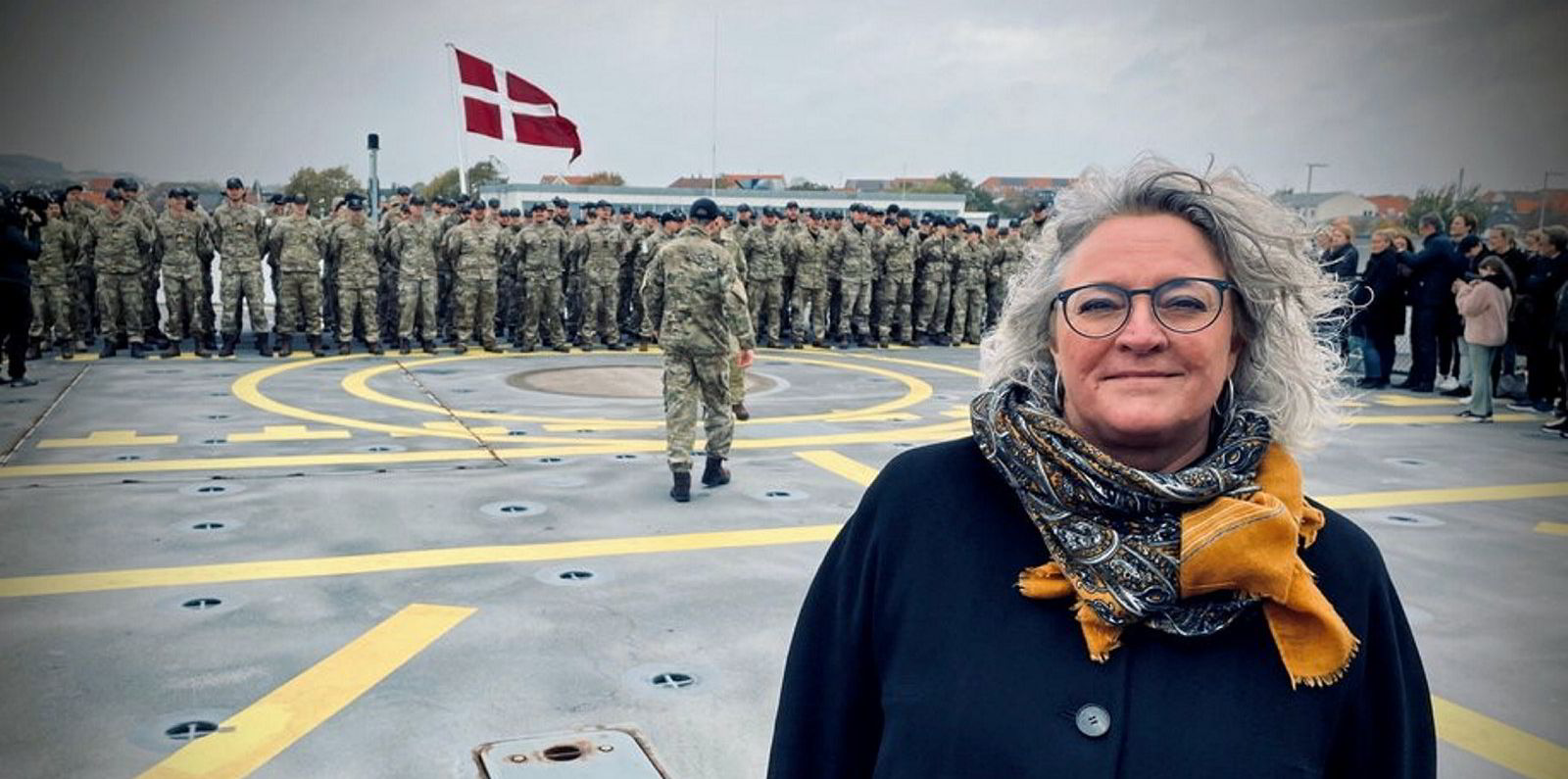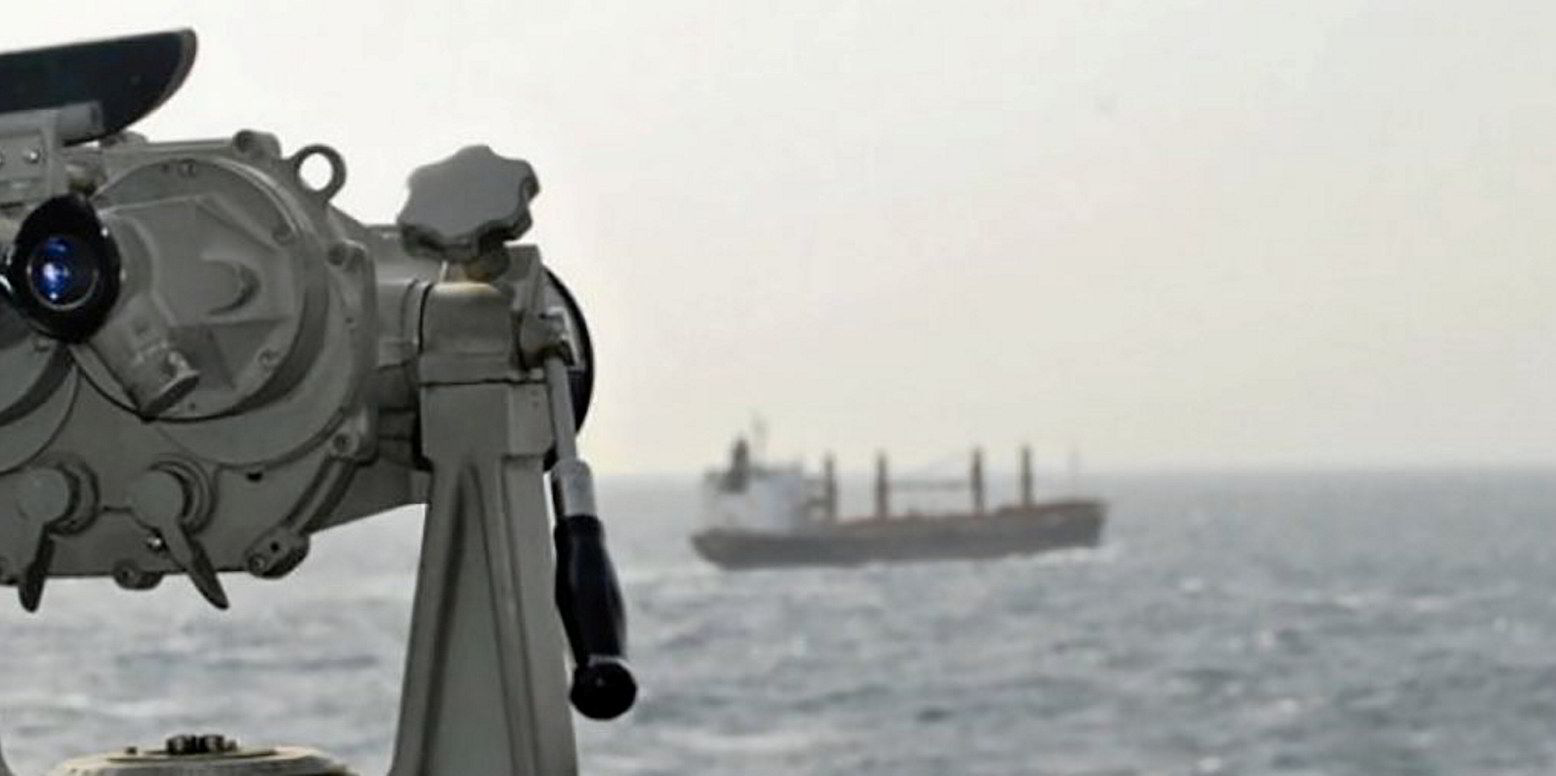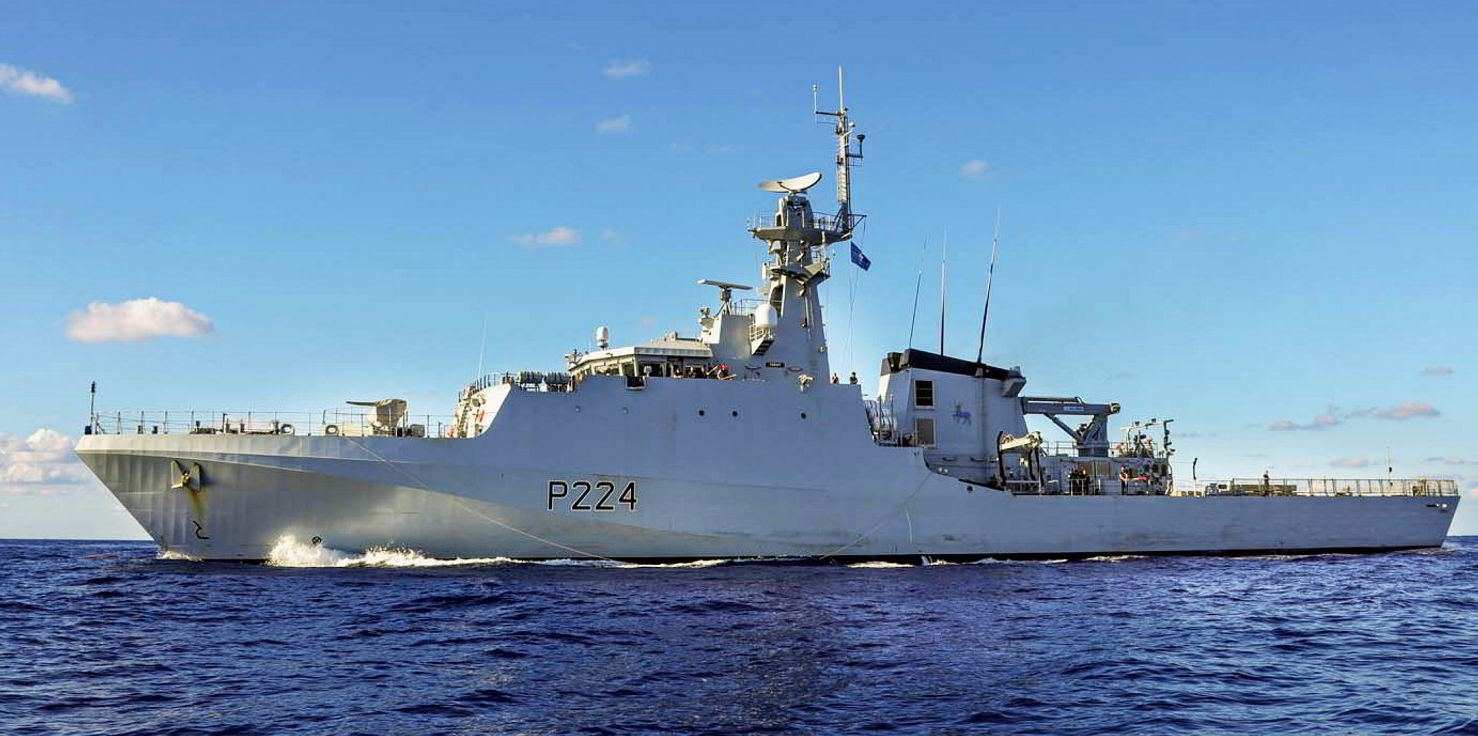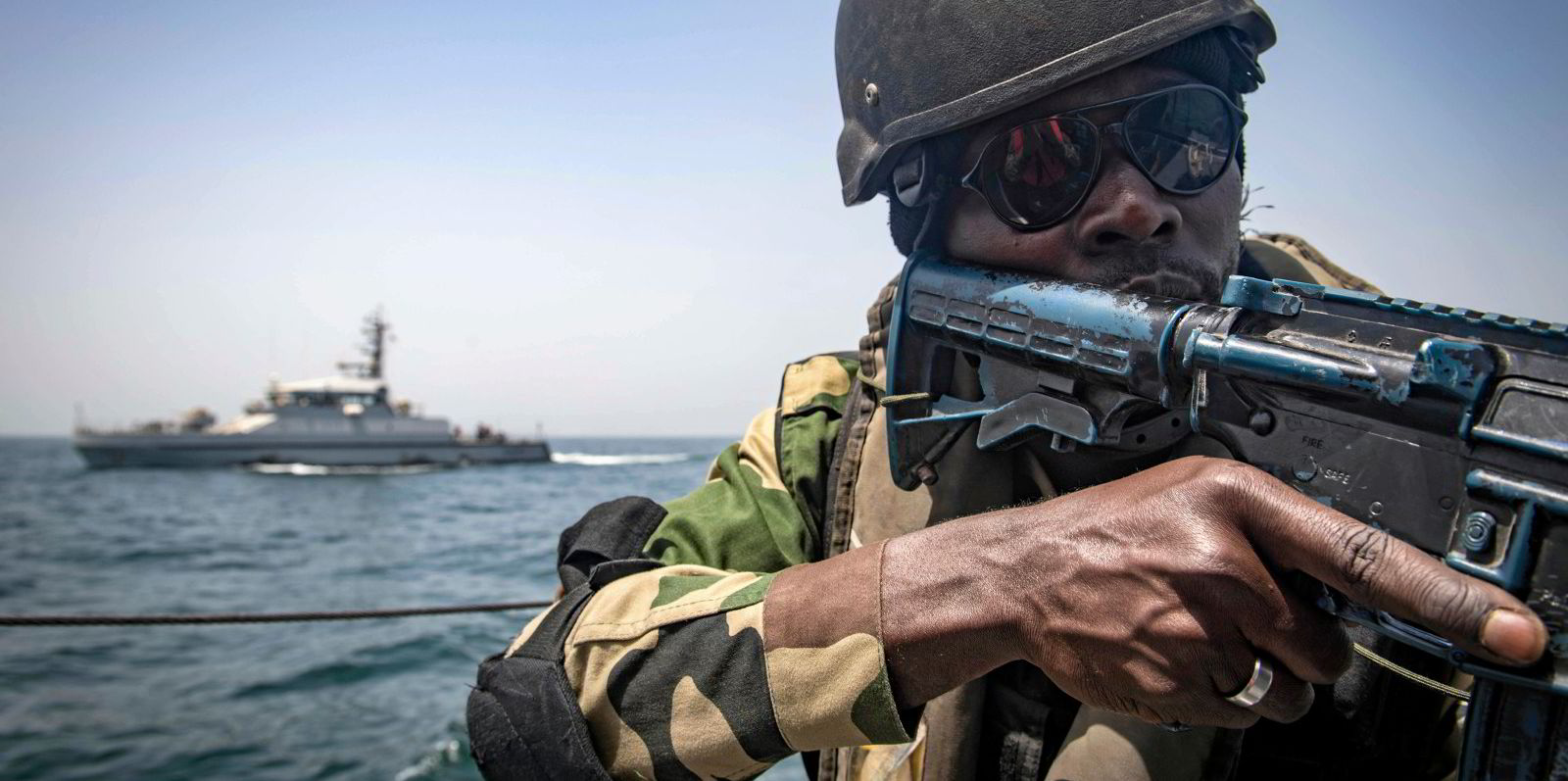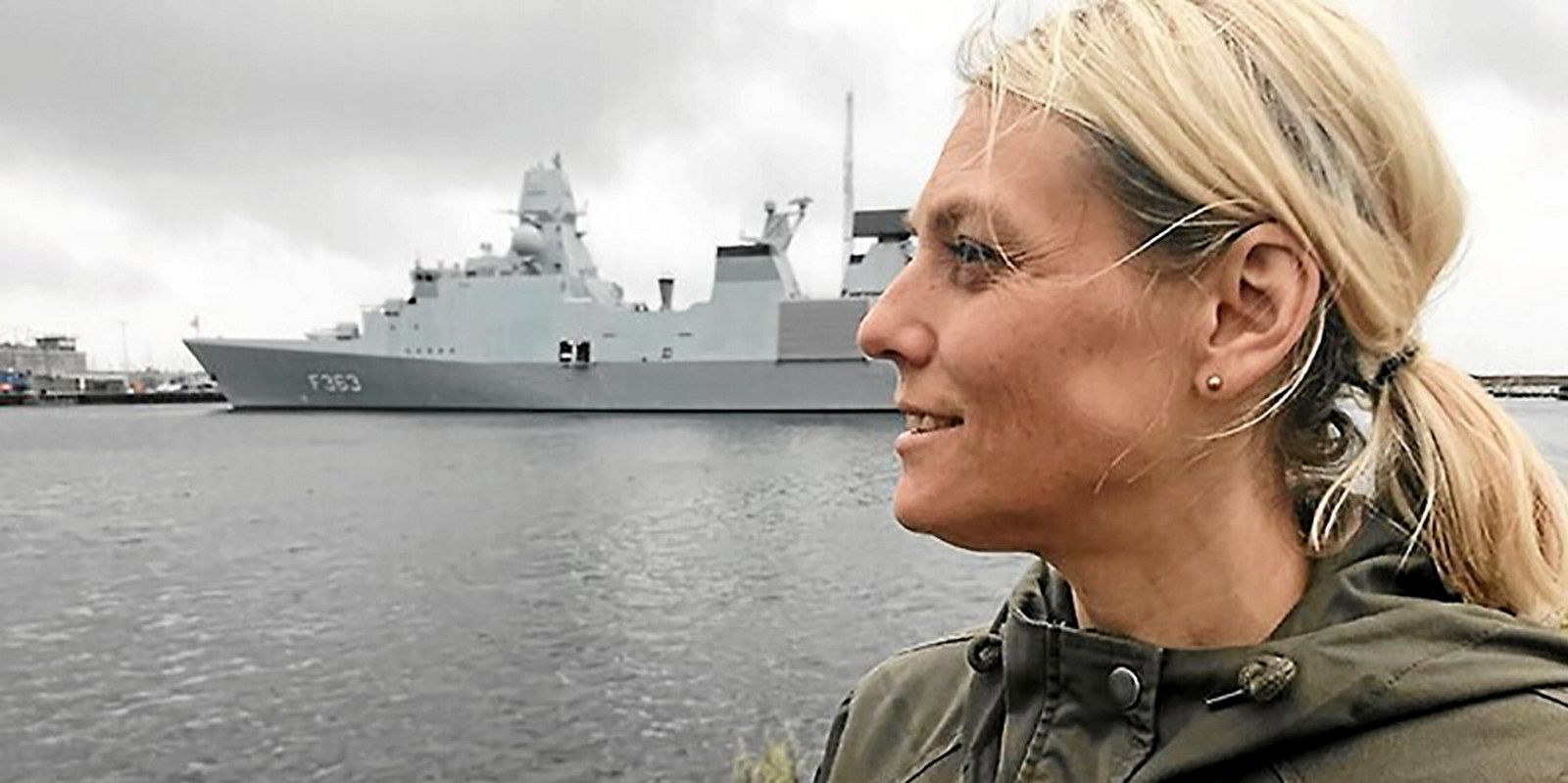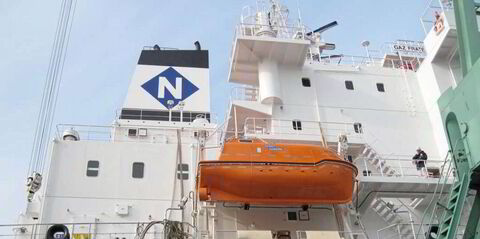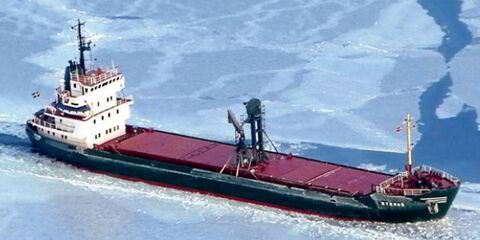A Danish naval vessel has sailed from Frederikshavn to the Gulf of Guinea as part of an international anti-piracy effort.
The naval assets deployed include a helicopter, special operations forces, and a contingent of military police, Danish military authorities confirmed.
The frigate Esbern Snare will spend around six months in the region. The deployed personnel will comprise up to approximately 175 people.
Danish Shipping said the Danish contribution comes at an "important time of the year where piracy is usually on the rise".
During the past six months, the number of pirate attacks has been relatively low, however, that does not mean the threat of piracy is diminishing, the shipowners' association said.
"Pirates are faced with the difficulty of attacking vessels during rain seasons due to poor weather conditions. That's why we usually assume that pirate attacks start increasing around November, as the weather starts improving," said Danish Shipping chief executive Anne H. Steffensen.
"It is a special event to partake in, to send a Danish warship on a mission that is central to Danish Shipping's agenda, and which has been a priority to carry out.
"I am full of respect for the members of the crew, who are on their way to increase the security of the merchant fleet. We owe them and their families a big thanks," she added.
The Danish navy is well versed in anti-piracy operations have deployed various assets off the Horn of Africa and Gulf of Aden from 2008 to 2017.
"I expect that we will come down to a task that is very similar to the one we solved off the east coast of Africa. But we also expect that there will be differences," said Commander Lars Povl Jensen, who is in charge of the frigate.
"There will be a different navigational pattern, for example, where vessels do not sail along fixed routes, and there are littoral countries with coastguards that we can cooperate with but also have to accommodate."
Jensen said he expects that the visible presence of the Esbern Snare in the area will be a "deterrent for pirates".
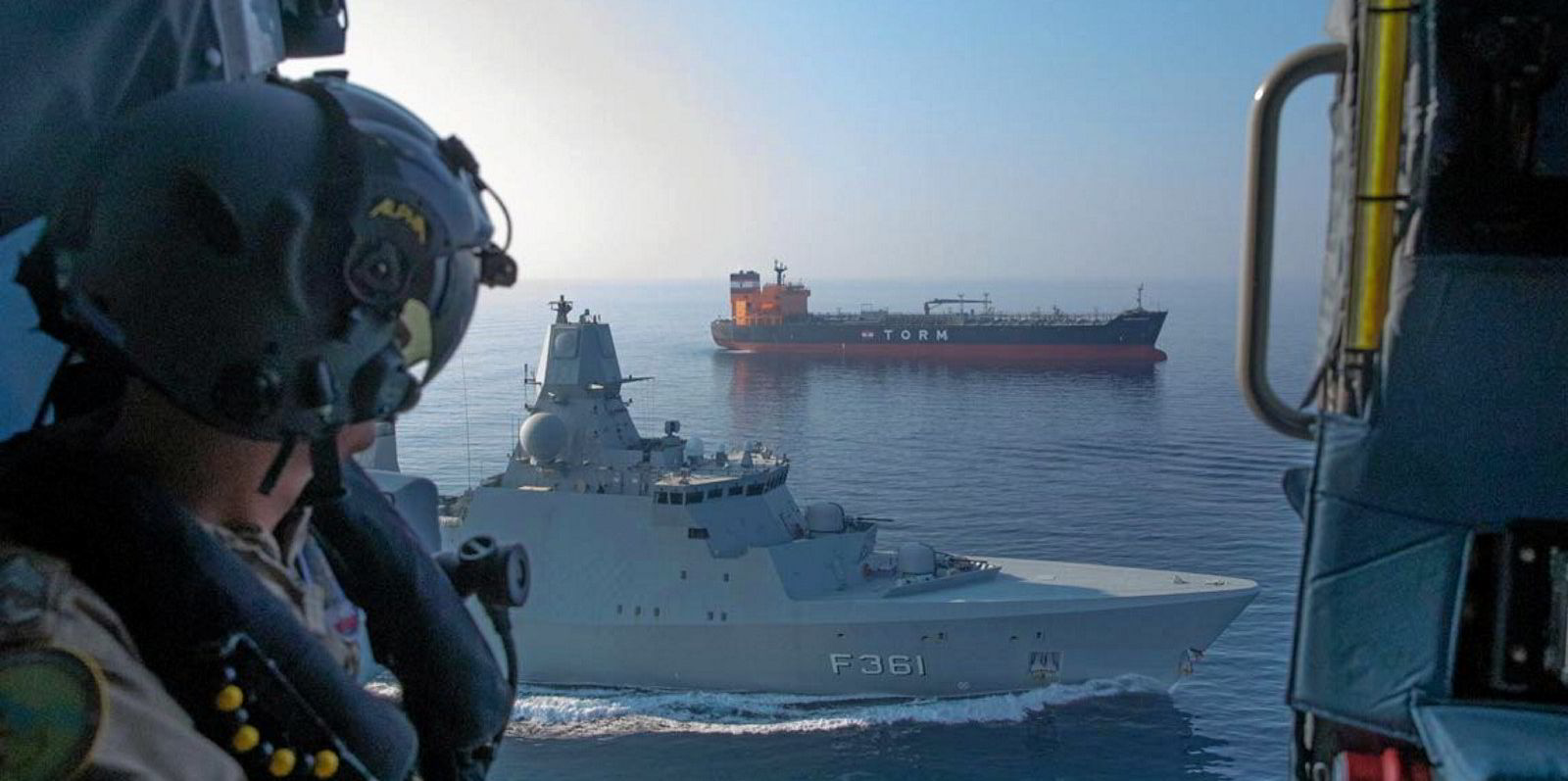
But Danish authorities said the frigate will also try to actively locate pirates and it will intervene if possible if pirate attacks occur.
"With its helicopter, the Esbern Snare will have a wide operational range, and the Danish navy assets will therefore be able to interfere in a large area around the frigate," the Danish Navy said.
On average, up to 40 Danish-controlled ships sail in the Gulf of Guinea on a daily basis and they transport goods worth almost DKK 10bn ($1.55bn) annually.
However, Danish Shipping says upon arrival in the region the vessels must dock at many different ports, which makes the task of protection more complex.
The association says Danish shipping companies made approximately 2,400 port calls in the Gulf of Guinea in 2020.
Nigeria and Ghana are said to be the most important countries in the area with 39% of the export and 27% of the Danish port calls.
"We take a huge responsibility by sending Esbern Snare to the Gulf of Guinea, and a warship equipped with a helicopter undoubtedly presents a deterring impact on the operations of pirates," said Steffensen.
"Our opinion has always been that other countries have to follow, and now that the UK has also deployed a ship, the attention has shifted to the Gulf of Guinea."
In mind-October, the UK announced that it would deploy a naval vessel plus a contingent of Royal Marines to the Gulf of Guinea to help in the battle against piracy.
The Gulf of Guinea continues to be particularly dangerous for seafarers with 32% of all reported incidents of piracy in the first half of 2021 taking place in the region, according to the International Chamber of Commerce's International Maritime Bureau.
The dangers for shipping were starkly demonstrated earlier this week when Mediterranean Shipping Co's 1,893-teu MSC Lucia (built 1985) was targeted.
Maritime security company Africa Risk Compliance (ARC) also reported that an 87-metre offshore support vessel (OSV) had been boarded late on Monday night, 50 miles south-west of Bioko Island in the Equatorial Guinea EEZ.
